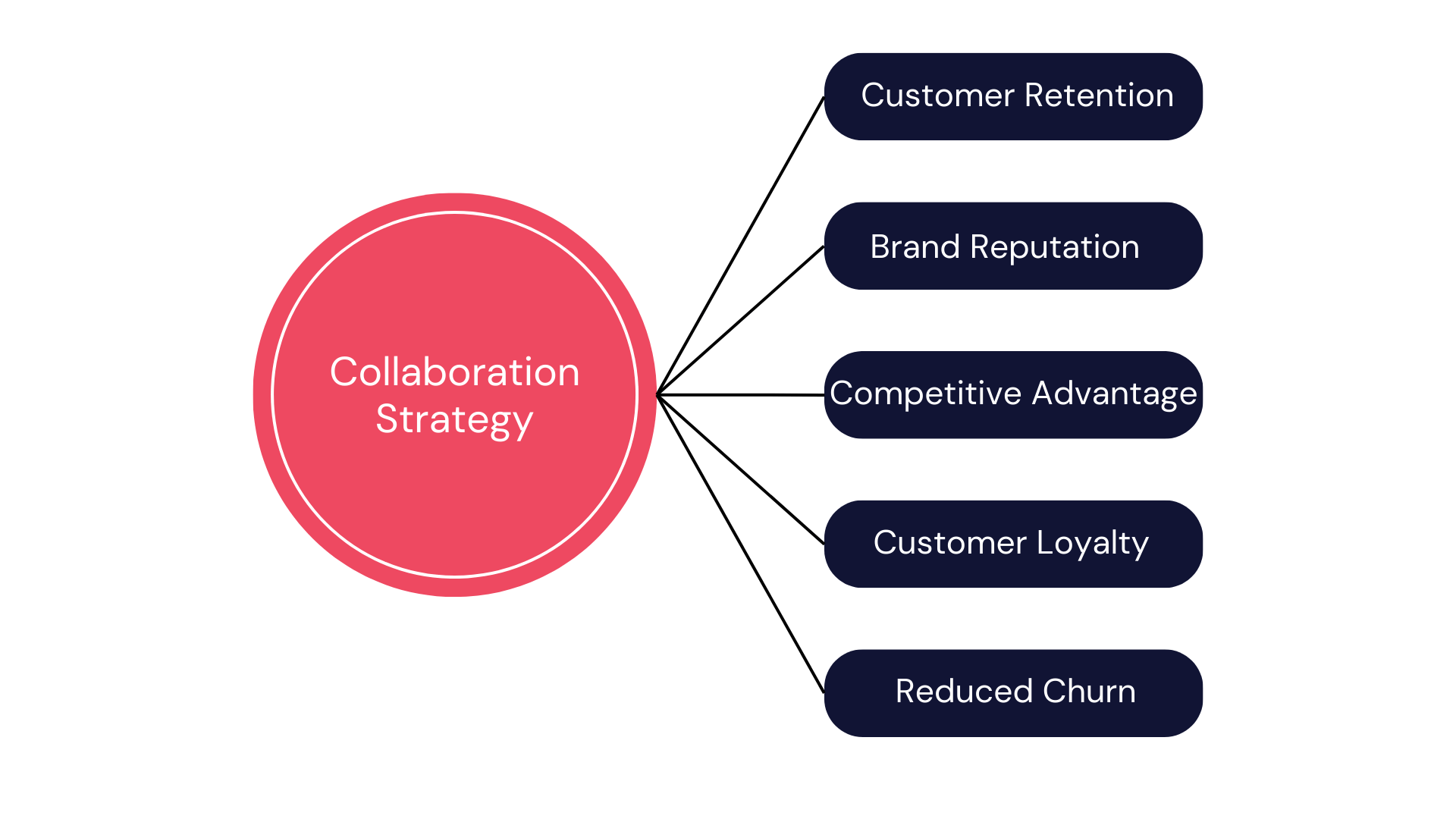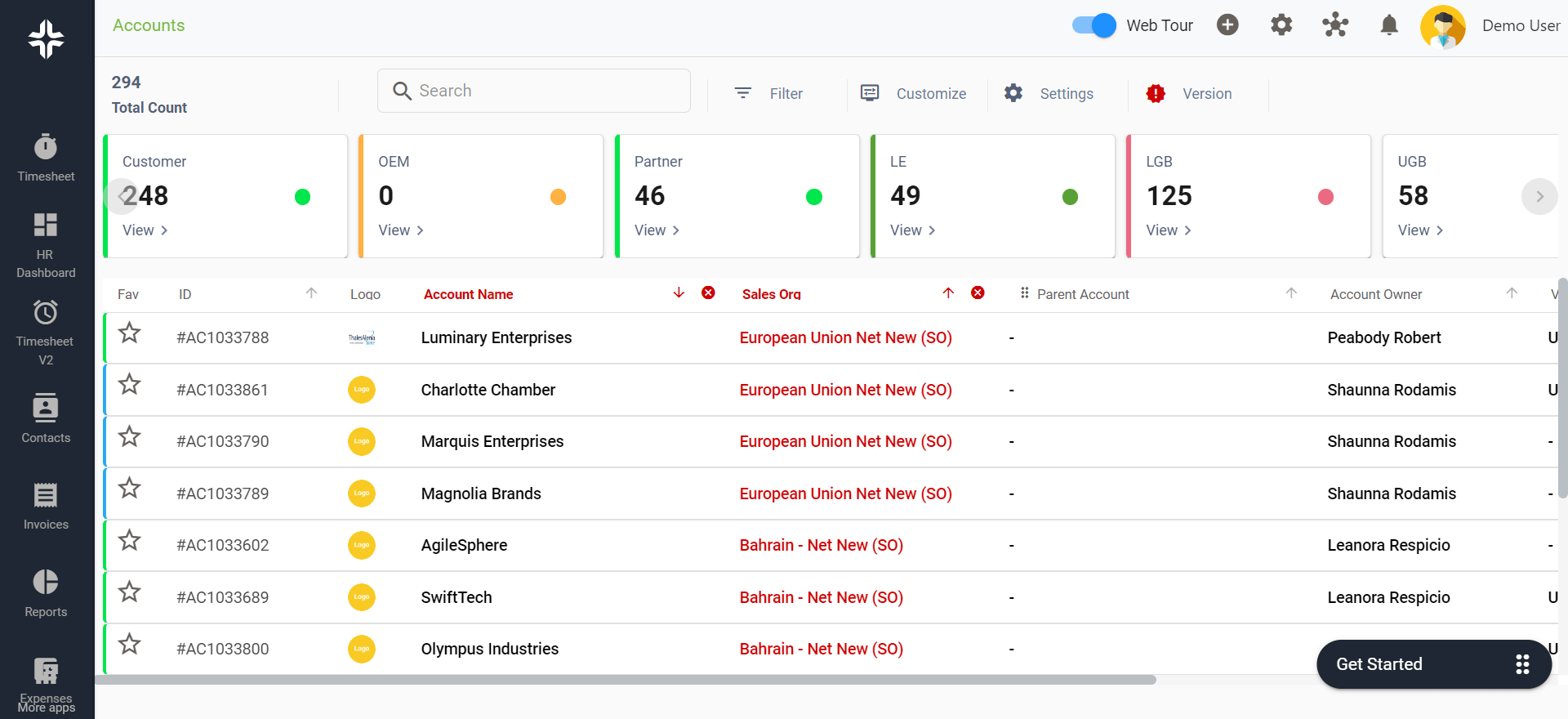Home » PSApedia
Client Satisfaction Score
Track, Improve, and Excel with our Client Satisfaction Score Solutions and achieve Business Success!

What is the Client Satisfaction Score (CSAT)?
Client Satisfaction Score (CSAT) measures how satisfied customers are with a company’s product, service, or experience. Usually, businesses use a single-question survey to measure it, where they ask customers to rate their satisfaction on a scale, typically from 1 to 5, where 1 represents extreme dissatisfaction and 5 represents extreme satisfaction. Then, calculate the score as the percentage of customers who are either satisfied or extremely satisfied.
Project management may ask clients about their satisfaction with using a tool. One such tool is a Gantt chart. They use it to manage their tasks.
Why is CSAT So Important?
In today’s highly competitive market, client satisfaction is paramount. Happy customers are more likely to stay loyal, buy again, and spread positive word-of-mouth, helping a company grow naturally. Moreover, CSAT can be an early indicator of potential issues, allowing businesses to take corrective measures promptly.
Companies can track CSAT using deal management software. This allows them to gauge how well the software meets client needs. Additionally, they can identify areas for improvement.

Why is CSAT So Important?
How to Calculate CSAT?
Formula:
CSAT = (Number of Satisfied Responses / Total Responses) x 100
Example:
Suppose a business received feedback from 100 clients using its ticket management system. If 85 clients rated their experience as satisfied or extremely satisfied, the CSAT would be:
CSAT=(85/100)x100=85
Differences Between CSAT and Other Metrics
While CSAT focuses on immediate client satisfaction, other metrics provide different insights. When considering finance management, CSAT can indicate client satisfaction with recent billing experiences. Additionally, metrics such as Net Promoter Score can determine if clients would recommend the software to others.
CSAT measures customer satisfaction on a scale from 1 to 5 for a specific interaction or transaction. NPS measures customer loyalty by asking if they would recommend the company to others. Meanwhile, Customer Effort Score (CES) evaluates the ease of an experience or resolution process. Each metric offers a distinct perspective on customer sentiment and helps businesses identify areas for improvement.
How Is CSAT Used?
Companies use CSAT scores to:
- Improve products or services based on feedback.
- Make informed decisions on areas like resource allocation.
- Enhance client relations through strategies like transparent billing with timesheet.
- Drive initiatives for improving overall customer experience.
CSAT vs Net Promoter Score vs Customer Effort Score
- CSAT: Measures immediate customer satisfaction.
- Net Promoter Score (NPS): Measures customers willingness to recommend a company’s product or service.
- Customer Effort Score (CES): Evaluates the ease with which customers can get issues resolved.
Understanding the differences can help businesses choose the right measure for their specific goals. This could include improving project management or enhancing proposal builder features.
| Metric | Definition | Scale | Question Example |
|---|---|---|---|
| CSAT (Customer Satisfaction Score) | Measures customer satisfaction with a particular transaction or interaction. | Typically 1-5 or 1-7 (like a Likert scale) | “How satisfied were you with your purchase experience today?” |
| NPS (Net Promoter Score) | Assesses customer loyalty and their likelihood to recommend a company to others. | -100 to 100 (based on % promoters – % detractors) | “On a scale of 0-10, how likely are you to recommend our company to a friend or colleague?” |
| CES (Customer Effort Score) | Evaluates the ease of interaction with a company. It’s a measure of customer service efficiency. | Typically 1-7 | “How easy was it to get the help you wanted today?” |
Ready to Optimize Your Client Satisfaction ?
High CSAT scores are a testament to a business’s ability to meet and exceed client expectations. KEBS, as a leading PSA software, offers a myriad of tools and features that can help businesses improve their client satisfaction. KEBS ensures that it always meets your clients’ needs, from efficient project management to effective deal management.

KEBS Deal Management
Want to know more about how KEBS can enhance your client satisfaction? Contact us today or try our demo to experience the KEBS difference firsthand! For those interested in a deeper understanding of PSA, our ebook on PSA is a great resource.



